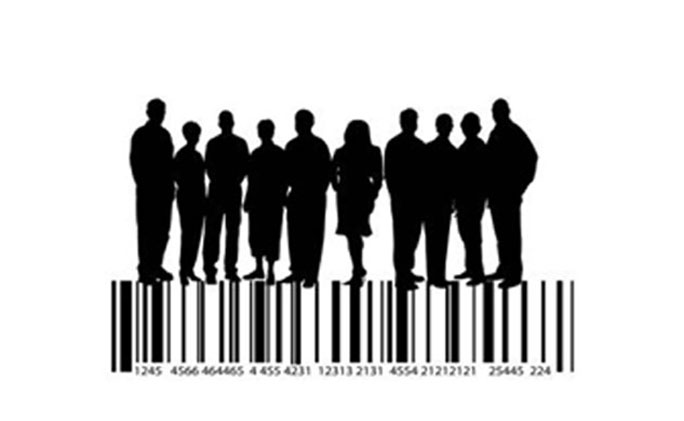
Your company is merging with another company. The problem is few within your company know what a merger is and how it can impact their employment. Continue reading to gain information you can pass on to your employees about any pending mergers your company may be a part of.
Throughout their lifetime, companies often alter themselves for reasons that can range from market placement to all-out survival. Check out this article to learn the basics of mergers and how they may, at some time, apply to your company and its employees.
Click here to read the full article.
There’s more to a merger than simply bringing two, three, or even more entities together in a business deal. Managers and employees are affected, as well as office space. This article explains the best way for office and HR managers to meld their existing office space with the space belonging to the merging company.
Go here to read the full article.
Many people, such as managers and employees, aren’t clear enough as to what is involved with a merger and an acquisition. Learn what encompasses both, and how either a merger and/or acquisition can affect your company and its employees.
Go here to read the full article.
While mergers and acquisitions often get equal billing, in reality, they are much different. Merging companies “merge,” while companies that engage in acquisitions “acquire” other companies.
Go here to read the full article.
Do you know if your company is one that acquirers or targets? Find out now through this article.
Go here to read the full article.
Are you clear about whether your company is going to be merged with or taken over? If not, read this article.
Go here to read the full article.
When small businesses announce joint ventures with larger companies, that announcement may be misconstrued as a merger or acquisition. Learn how to convey to your employees the differences between mergers and joint ventures.
Go here to read the full article.
There can be many reasons for a company to merge, acquire or to be acquired. The real reason, however, lies with the dominant company, and that more-than-likely is the company that takes over the less dominant company.
Go here to read the full article.


